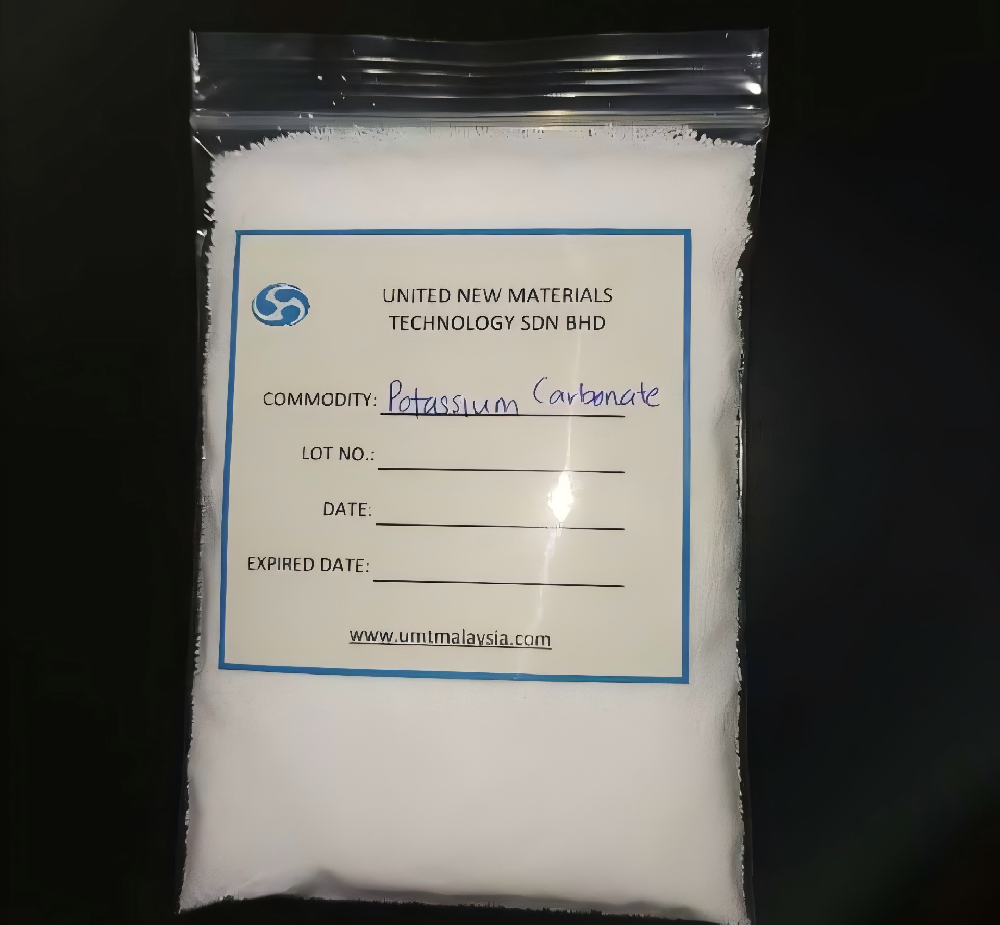
Potassium carbonate, also known as potash or pearl ash, is a versatile inorganic compound with the formula K2CO3. It is a white crystalline solid that is highly soluble in water. The compound is used in a variety of applications, including the production of glass, soap, and detergents. In the food industry, it serves as a buffering agent in wine production and can also be used to soften hard water. Additionally, it is used in the production of Dutch process chocolate by alkalization.
In the biomedical field, potassium carbonate is used in the synthesis of various organic compounds and in the treatment of certain types of wastewater. It is also used in welding fluxes and as a fire suppressant. The compound is non-combustible and can cause irritation to the skin, eyes, and respiratory tract upon contact.
Regarding safety, potassium carbonate is toxic upon eye contact, inhalation, and ingestion. It has chronic effects on humans, causing damage to the mucous membranes, skin, and eyes. For storage, it should be kept in a cool, dry place to prevent deliquescence. It is important to store it away from moisture and in a well-sealed container to maintain its quality and effectiveness for various applications.
